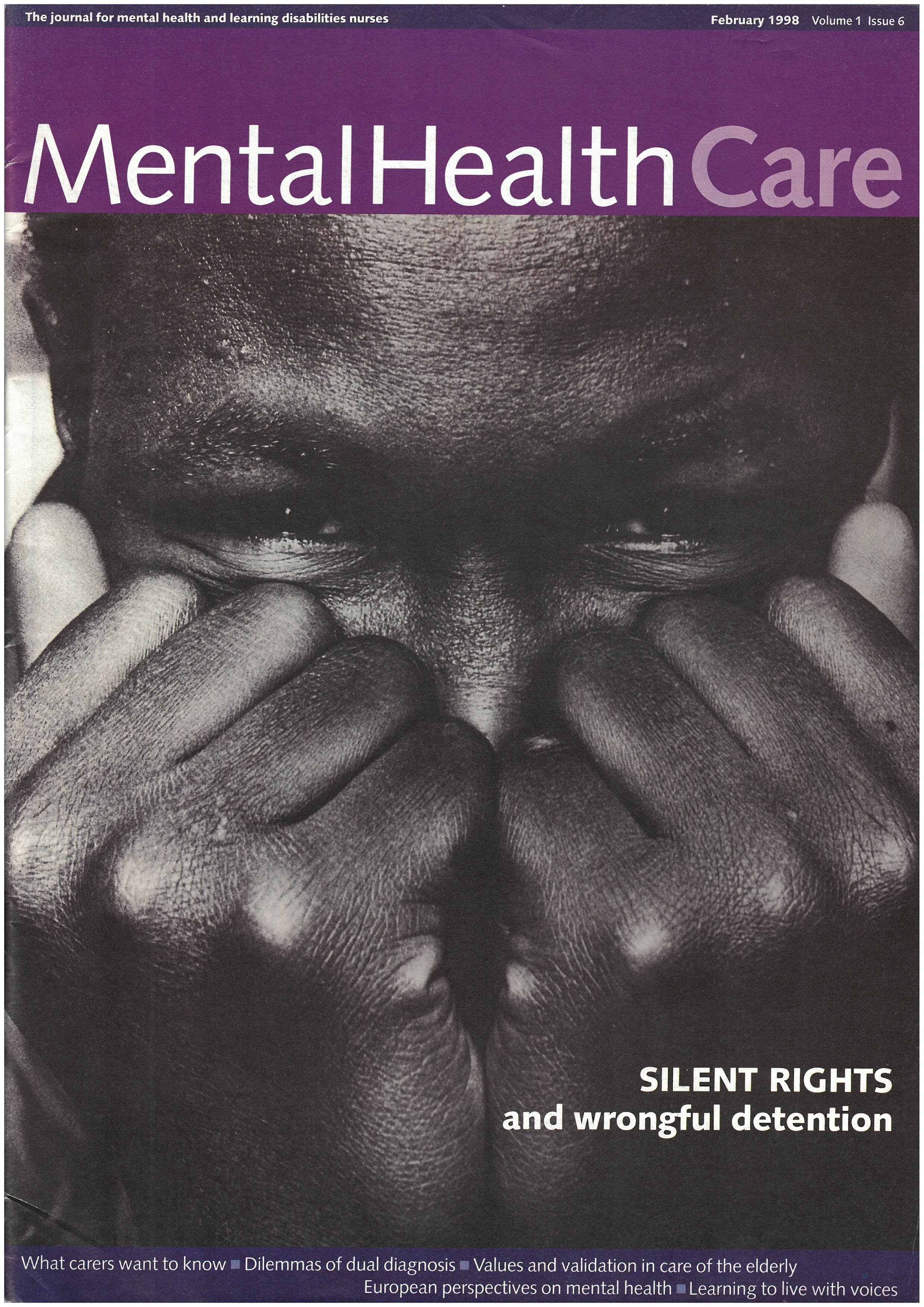
‘Digging Deep’: The Ipamo Project, 1995-2002
Within the social and political context of the time, mental health practitioners and service users were conceptualizing radically different approaches to mental health treatment within the UK. It was hoped that these new initiatives would better serve the needs of Black and minority ethnic communities. The cases of people such as Orville Blackwood (1960-1991) who died within mental health facilitates in the UK after being placed in seclusion, underscored the urgent need for services that acknowledged the racial biases that were prevalent within the mental health system at large. Mental health treatments which centred culturally specific treatments and interventions for Black and minority ethnic communities became a crucial goal for mental health campaigners.
In response to the discriminatory climate of mental health services, in the 1990’s a wave of community based mental health initiatives were established to provide alternatives. The projects built on the previous work of groups such as the African-Caribbean Mental Health Associated (established 1982), The London Black Women’s Health Action Project (established 1982) and The African and Caribbean Mental Health Project Manchester (established 1989).
Mental Health Activism
The organsations worked within Black and minority ethnic communities to provide treatment which resisted a purely medicalized model of mental health treatment, working to resist the fatal criminalization which Black patients were experiencing within treatment. Melba Wilson’s career included working on a range of such pioneering projects. One such London based initiative, Ipamo, is an example of the groundbreaking work being tested in that period. The following pages are an overview of the organisation, uncovering this lesser-known history and delving into the legacy of the project.



